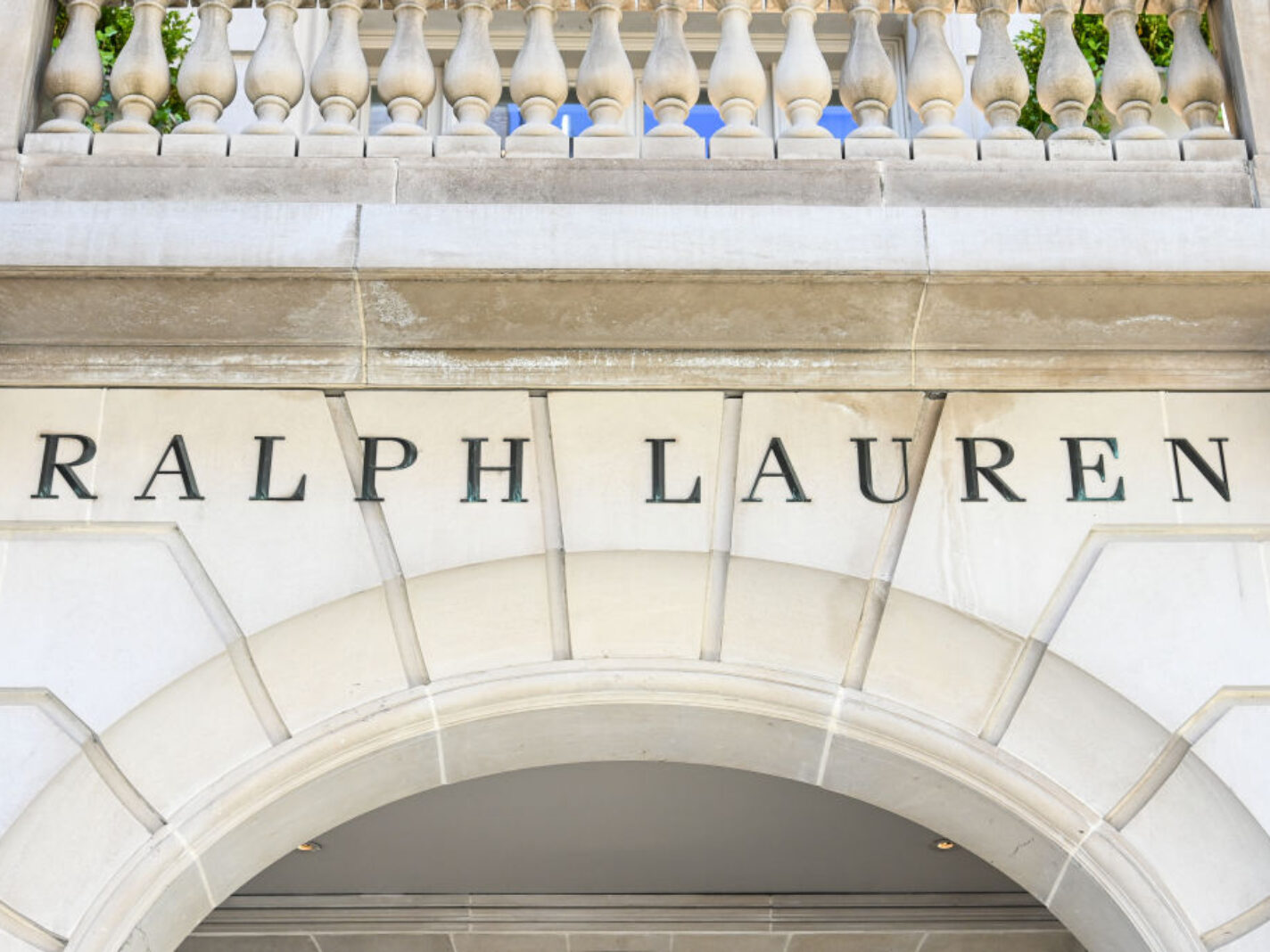Ralph Lauren has come under fire for alleged cultural appropriation of designs well known for their cultural history in Mexico. At the heart of this call-out is Beatriz Gutiérrez, the wife of the President of Mexico and head of the Coordination Council of the Historical and Cultural Memory of Mexico.
The photo posted to her Instagram shows a traditional Mexican sarape, a blanket-like shawl traditionally worn in Mexico and instantly recognizable for its “indigenous motifs.” The only difference between this item and traditional garments is seemingly the Ralph Lauren logo and the price tag.
“Ralph: We already realized that you really like Mexican designs, especially those that make ancestral cultures that preserve the textile tradition,” said Gutiérrez in her Instagram post. “However, by copying these designs you are committing plagiarism, and as you know, plagiarism is illegal and immoral. At least admit it. And I hope you compensate the damage to the original communities that do this work with love and not-for-profit millionaires. (These designs are from Contla and Saltillo).”
Hours after Gutiérrez’s post on Thursday (October 20), Ralph Lauren issued a statement including an apology for the item being sold.
“We are surprised to learn this product is being sold. When our team discovered months ago that this was in our product pipeline, we issued a stern directive to remove the item from all channels. We are deeply sorry this happened and, as always, we are open to dialogue about how we can do better.”
The following morning, Gutiérrez responded to Ralph Lauren’s statement with another Instagram post by inviting its owner to visit the communities where these designs were originally made to learn more about their history.
“Hey Ralph, we already read your statement,” said Gutiérrez. “Out of respect for the artistic property of the Contla and Saltillo saraperos, we thank you for taking action to reverse this situation. I invite you to Contla when you can, to learn about the great work of the artisans who have been making these garments for centuries. Would you like it? Let me know and we can agree.”
It is worth noting that this is not Ralph Lauren’s first time being accused of cultural appropriation, having been accused of appropriating designs from Native American culture, particularly Navajo and Cowichan designs.
